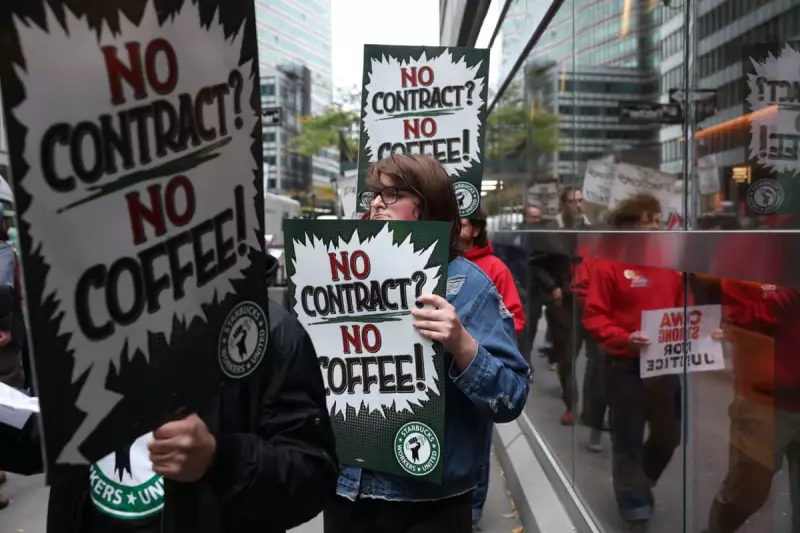
Starbucks is facing its most significant industrial action in British history after thousands of its UK workers voted overwhelmingly to take strike action in a bitter dispute over pay and working conditions.
The GMB union announced that baristas and other staff across multiple locations have delivered a resounding mandate for walkouts, with more than 80% voting in favour of industrial action following a breakdown in negotiations with management.
What's Brewing the Discontent?
At the heart of the conflict lies a triple-barrelled dispute that has been simmering for months:
- Pay rates that workers claim fail to keep pace with the rising cost of living
- Inconsistent working hours and scheduling practices that create financial instability
- Resistance to formal union recognition that would give workers collective bargaining power
"Our members have sent a clear message to Starbucks that they will no longer accept poverty pay and precarious working conditions," said a GMB union official. "When a company makes billions in profit globally, there's no excuse for treating UK staff as second-class citizens."
The Scale of Potential Disruption
While the exact number of stores affected remains to be confirmed, the strike action could impact dozens of Starbucks locations across major UK cities. The union has indicated that initial walkouts would target high-profile stores in city centres and transport hubs to maximise impact.
The timing couldn't be worse for the coffee chain, with the action planned to coincide with the crucial autumn period when consumer spending typically increases.
Starbucks's Response
In a statement, Starbucks UK maintained they offer "competitive" pay and benefits, pointing to their recent pay increases and highlighting their "partner (employee) proposition."
However, workers argue that these measures fall short of addressing fundamental concerns about job security and the right to collective representation.
This dispute places Starbucks alongside other hospitality giants facing similar challenges as UK service sector workers increasingly demand better terms amid the ongoing cost of living pressures.
The coming weeks will determine whether last-minute negotiations can avert widespread disruption or if Britain's high streets are about to see coffee cups replaced with picket lines.





